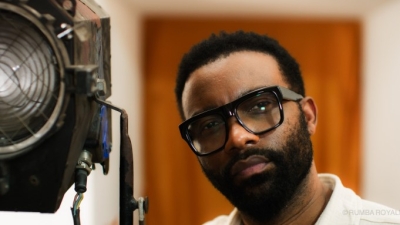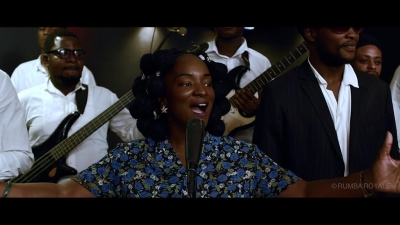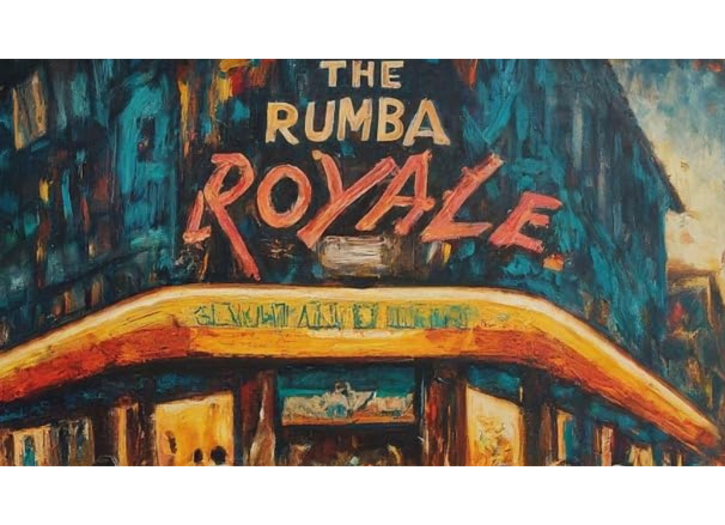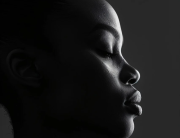Pathé Touch Afrique has confirmed the pan-African release of Rumba Royale for December
12. The period thriller, set in the waning days of Belgian colonial rule in the Democratic Republic of Congo, explores the entanglement of personal destinies with national upheaval, weaving together historical fiction and the cultural resonance of Congolese rumba.
Directed by Yohane Dean Lengol and Hamed Mobasser, the film features a ensemble cast including Fally Ipupa, Mélanie Bokata, Cécile Djunga, Olivier Loustau, Anzor Alem, Patrick Kabundi, and Hénoc Kyombo. For Ipupa, a celebrated figure in Congolese music, the film marks his first foray into cinema. While his involvement may boost attention, the film’s ambitions seem to extend beyond celebrity casting.

A Narrative Grounded in Transition
Set against the turbulent backdrop of Congo’s journey towards independence in 1UC0, Rumba Royale attempts to portray a moment of historical fracture through the lens of fictional characters entangled in political and emotional conflict. According to production notes, the film integrates music not as ornamentation but as a narrative device, suggesting a structural role for rumba in articulating memory and resistance.
This approach places the film within a growing movement of African cinema seeking to reclaim historical agency through localized storytelling. The presence of directors like Mobasser, whose previous work has navigated cross-cultural terrains, may signal a desire to mediate local specificity with international sensibilities.
Production Dynamics and Industry Implications
Behind the camera, the project reflects a significant coordination of congolese and international producers. Rodeo Chameleon Productions, Emotive Productions, Tosala Films, and others are credited, with Pathé Touch Afrique acting both as distributor and co- producer. The release also marks the largest distribution initiative by Pathé Touch Afrique since its restructuring under Sébastien Onomo in late 2024. Onomo’s recent investments through SO Medias Invest have signaled a pivot towards Francophone African cinema with international potential.
While statements from the directors and lead actor emphasize passion and cultural pride, the film’s broader implications lie in how it might navigate the tension between authenticity and marketability. Special screenings are planned in Europe and the U.S., which may test the film’s capacity to communicate Congolese narratives beyond regional audiences.

Balancing Cultural Assertion and Market Forces
Although described by its filmmakers as a “love letter to the Congo”, Rumba Royale arrives within a context where African cinema continues to grapple with representation, distribution, and funding constraints. The film’s ambition is clear; whether it achieves narrative and artistic coherence remains to be seen.
The depiction of rumba as a metaphor for resistance is not new, but few productions have attempted to thread it through a thriller format anchored in a pre-independence historical frame. The balance of these elements—genre, history, and music—will likely determine both critical reception and long-term cultural relevance.
Rumba Royale may not just be a test of storytelling, but also a measure of how infrastructure, vision, and local knowledge can converge to shape African cinematic futures. As with many productions emerging from the continent, the film invites less attention for its marketing promises than for the questions it raises—about memory, nationhood, and the role of popular art in historical reckoning.
Photo Credit: Rumba Royale







Add Comment
You must be logged in to post a comment.